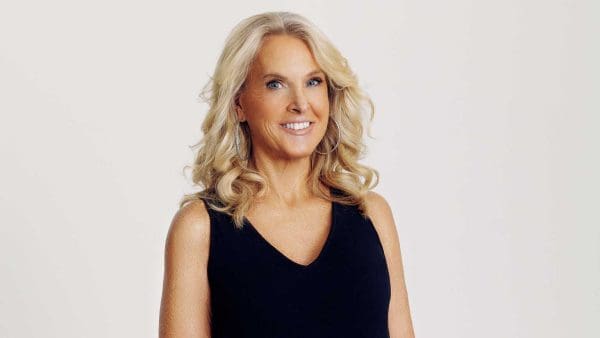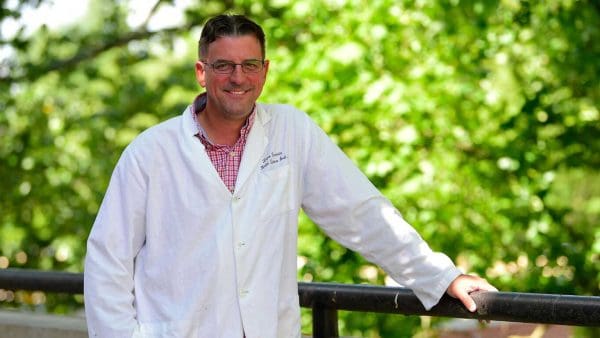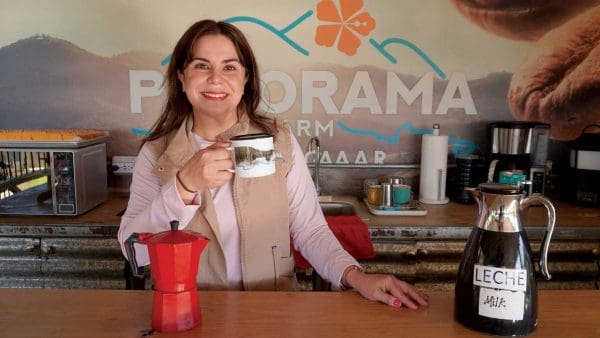
In 2006, new Krieger School graduates Brian Kinsella, Craig Gridelli, and Nick Black traded the relative tranquility of Hopkins’ Homewood campus to serve as wartime officers in the U.S. military.
Four years later, having gone from Johns Hopkins’ Reserve Officers Training Corps to combat zones in Iraq and Afghanistan, they decided to reach out in hopes that GIs who survived the battlefield did not succumb to a lesser-known but no less deadly threat: soldier suicide.
“It’s pretty prevalent,” Kinsella says of military-related suicide, which claims the lives of about 20 veterans daily, according to the Department of Veterans Affairs’ 2019 National Veteran Suicide Prevention Annual Report. The VA has tallied more than 6,000 veteran suicides each year between 2008 and 2017, according to the report, which says the suicide rate for veterans is 1.5 times that of nonveterans. “It’s hard to see people succeed as soldiers in battle only to kill themselves once they come home,” Kinsella says.
“We literally started with nothing. Just Brian, Nick, and me trying to figure out what we could do to make a difference.”
—Brian Kinsella
Spurred to action by this grim reality, Kinsella asked Gridelli and Black to help him form Stop Soldier Suicide, a nonprofit that provides interventions for soldiers and veterans who are at risk of suicide.
The three, who had known each other from Blue Jays sports—Black played varsity football, Gridelli was a pitcher, and Kinsella wrestled before breaking his leg his first year—readily agreed.
That was in 2010.
Working mostly from their cellphones in their spare time, the three began to put troubled veterans in touch with volunteer social workers who could address their suicidal thoughts.
“We’ve all had our experience while leading soldiers,” said Kinsella, a former Army captain who recalls having been confronted with suicide attempts—at least one of them fatal—under his command. “This is what military people have to do all the time.”
Holding together what then was a shoestring organization was touch-and-go at first. Each of the three already had their hands full facing the challenge of transitioning back into civilian lives and starting new careers—Kinsella and Gridelli with New York financial service firms, and Black, who now lives in Charleston, South Carolina, as a business school student.
But they found support and encouragement from members of the Hopkins community, who helped put on fundraisers and recruit potential donors from fellow alumni.
Within two years, Stop Soldier Suicide was able to hire an executive director and begin assembling a staff that has since grown to more than 20 social workers and other personnel. It moved its headquarters from Manhattan to Raleigh/Durham, North Carolina, that year, in part because the area is home to more than 650,000 military veterans plus an additional 91,000 active-duty soldiers and sailors. The state hosts massive troop concentrations at Marine Corps Base Camp Lejeune and the Army’s Fort Bragg.
Stop Soldier Suicide staff assess the needs of at-risk individuals via telephone; identify mental health, job placement, recreational therapy, and other resources offered by a nationwide network of more than 4,000 partners to address callers’ concerns; and perform regularly scheduled follow-up contacts and case management to ensure progress.
The work of non-governmental organizations like Stop Soldier Suicide may be especially significant because troubled veterans are often reluctant to seek psychological help within the VA, often fearing that doing so could hurt their careers. Nearly three in four veterans who commit suicide had little or no contact with the VA’s mental health services, data show.
Gridelli, who grew up in Oyster Bay, New York, and majored in political science, says military life can produce stresses that are hard to anticipate and often unrelated to the battlefield.
New recruits, typically in their late teens or early 20s, suddenly find themselves living strictly regimented lives far from home, lacking support from family and friends, often beholden to platoon leaders barely older than themselves, and pushed to physical and emotional extremes. Soldiers leaving the service often return home to stressed marriages and to children resentful of having to re-adapt to a parent they may hardly know.
“I know of one platoon sergeant who had been serving in Afghanistan, went home on leave, showed up at his house, and his whole family was just gone,” Gridelli says. “Depression and suicidal ideation come from more than just combat.”
Today the organization handles an average of six and a half requests for help daily from current and former military personnel and their families, according to its website.
Gridelli says he finds satisfaction in the fact that three athletes from Hopkins are again pulling together toward a common goal.
“There have definitely been trials along the way,” Gridelli says.
“We literally started with nothing,” he muses. “Just Brian, Nick, and me trying to figure out what we could do to make a difference.”




